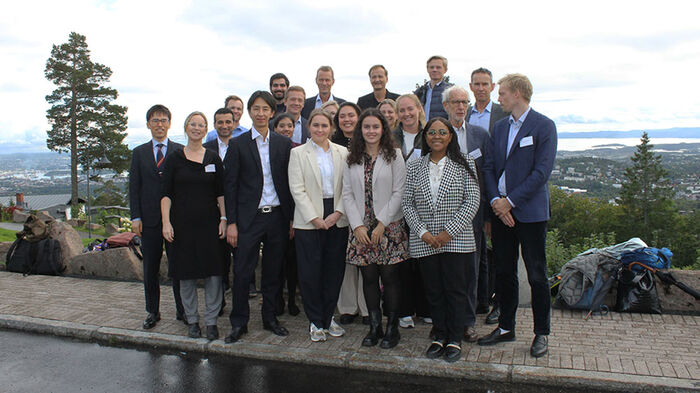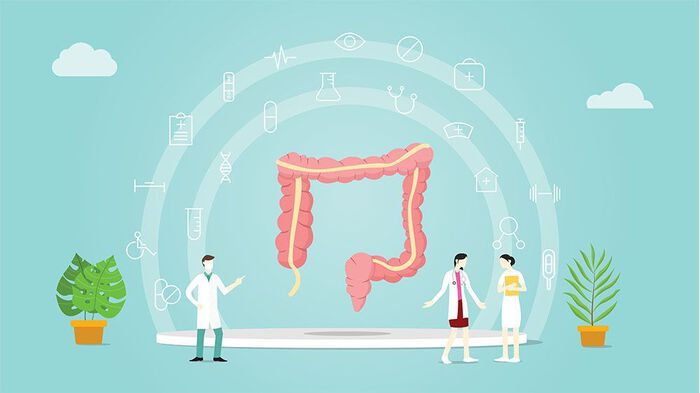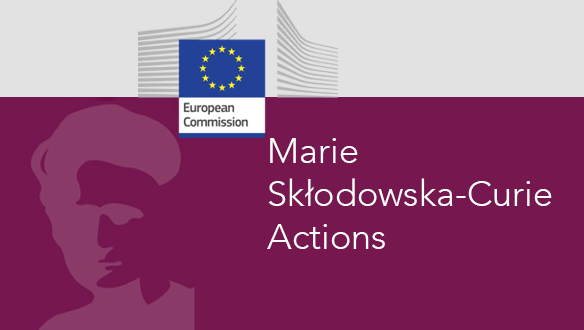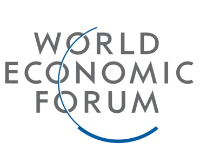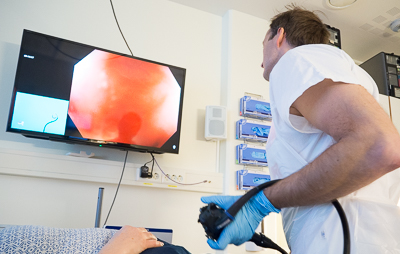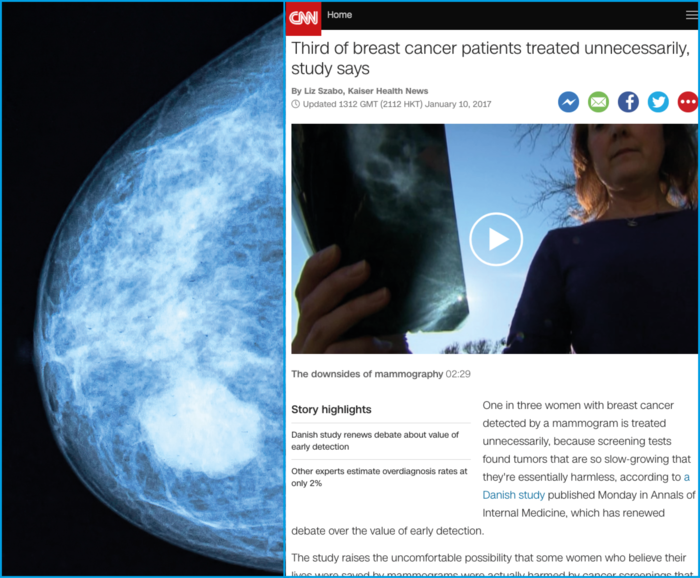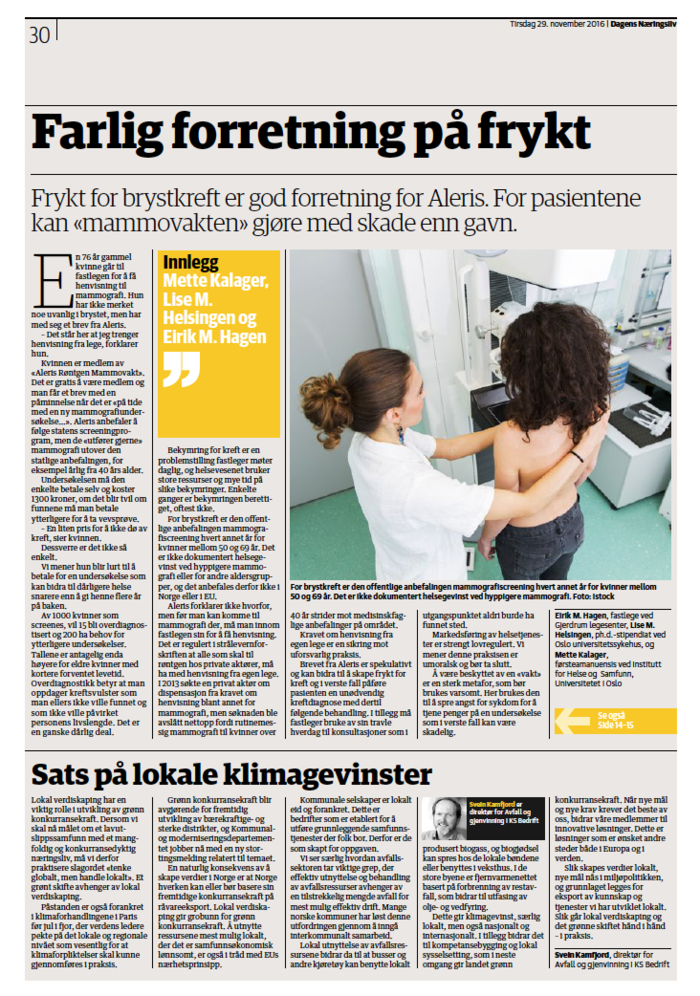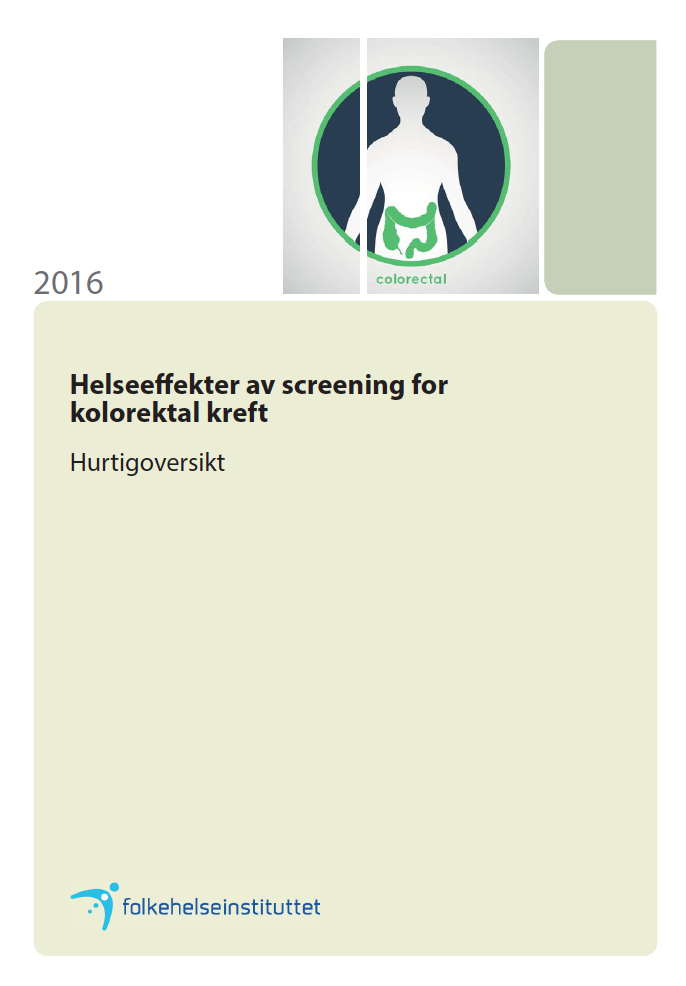This years’ international conference by the European Society of Gastrointestinal Endoscopy (ESGE) had several highlights for the Clinical Effectiveness Research Group; presentation of groundbreaking research, an award, and TV shows.
News
Work package 1 of the EU-funded OperA project, the ACCEPT trial, reaches 10 000 inclusions this month. ACCEPT is a large-scale randomised trial investigating how the use of artificial intelligence (AI) during colonoscopy affects the cancer prevention effect.
Professor and gastroenterologist Michael Bretthauer wins the UEG Research Prize 2023. The prize is awarded to active, well-established senior researchers at the height of their active career, whose science has had a crucial impact on digestive health.
A new, large scale systematic review and meta analysis found that AI tool used in colonoscopy increased the endoscopist's ability to detect colorectal polyps.
Relative effects of treatments are often described in patient encounters, scientific journals, and mass media, although used alone to guide decision making they are insufficient and potentially misleading
Professor and gastroenterologist Michael Bretthauer is awarded the UEG Research Prize 2023, a prestigious honor given by the leading authority for gastroenterology and digestive health in Europe.
The new EU-funded flagship project presented project partners and work packages on September 13. OperA is a 5-year project to improve colorectal cancer care by artificial intelligence.
Dr. Yuichi Mori at the Clinical Effectiveness Research Group will lead a large new research project that aims to find solutions for clinical validation of artificial intelligence. The goal is to improve the diagnosis and therapy of colorectal cancer and polyps.
Public health mitigation measures such as social distancing, closing training centers and wearing face masks have been used during the Covid-19 pandemic. However, the benefits and harms of these measures are poorly understood.
There is great interest in artificial intelligence (AI) in health care. A recent paper in Gastroenterology discusses important issues when introducing new technology in medicine.
Dr. Yuichi Mori, postdoctoral fellow at Clinical effectiveness research group, receives the prestigeous EU Grant the Marie Skłodowska-Curie Actions fellowship.
Saturday The New York Times interviewed Mette Kalager and Michael Bretthauer in the article "Did closing schools actually help?" Read the article and find out.
Yuichi Mori, MD, PhD joins the Clinical effectiveness research group as Postdoctoral Fellow. Dr. Mori moves from Showa University Northern Yokohama Hospital in Japan to join the group in Oslo.
In an essay published this week on the World Economic Forum's News Agenda, UiO researcher Ishita Barua explains why we should look to Finland when planning for future success.
The prestigious journal Annals of Internal Medicine published February 19, 2019 two articles on the EU's new data protection regulation (GDPR). In both articles, Norwegian researchers and lawyers are central.
New paper in Gastroenterology: Authors found that both aspirin, and in particular oral anticoagulants, lowers the positive predictive value of fecal testing for occult blood.
One of the major concerns of cancer screening is interval cancers, which are cancers arising after a negative screening test. These cancers have been believed to be especially aggressive and have a poor prognosis. A new study shows that they are not.
Standardized computer-aided diagnosis (CAD) can help reduce unnecessary removal of colonic polyps with no malignant potential.
Overdiagnosis is recognized as a major harm of mammography and prostate cancer screening – what about colorectal cancer screening?
Professor Michael Bretthauer was the first gastroenterologist to be teleported into a patient's colon in a shrunked version of himself, only to get a better view of the colonic polyps. The sensational event took place during the Felix Burda Award in Berlin this weekend.
A paper published today in BMJ shows no effect of sigmoidoscopy screening in women aged 60 years and older. This new finding will have implications for a future Norwegian colorectal cancer screening program, where sigmoidoscopy is one of the recommended screening methods.
A paper published in Annals of Internal Medicine this week has hit the international headlines as it shows that 1 out of 3 breast cancer patients are treated unnecessarily. Chief medical officer at the American Cancer Society says it's time to rethink mammography.
In an Op-Ed published in the Norwegian daily newspaper Dagens Næringsliv (DN) on November 29, researchers from the Clinical Effectiveness Research group criticize Norwegian private hospital Aleris' offer to women for mammography screening. Aleris actively offers mammography to women outside the recommended screening age and with shorter intervals, a service which is associated with more harm than benefit. The authors suspect Aleris of creating health anxiety in order to maximize profit.
There are ongoing discussions about whether to implement a national screening program for colorectal cancer in Norway. Prof. Bretthauer has contributed in a summary of the current evidence base regarding health effects of this type of screening. A decision is expected this fall.
This week's issue of the Journal of the Norwegian Medical Association is presenting a portrait interview of Mette Kalager, leader of the Clinical Effectiveness Group. Kalager reveals insights about early career struggles, recent acknowledgements and aims for the future.





